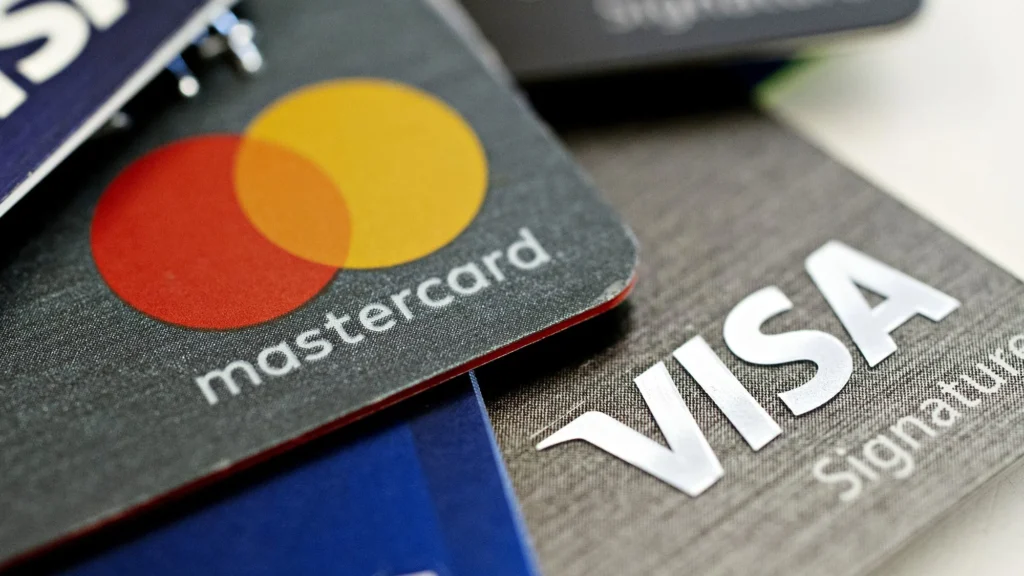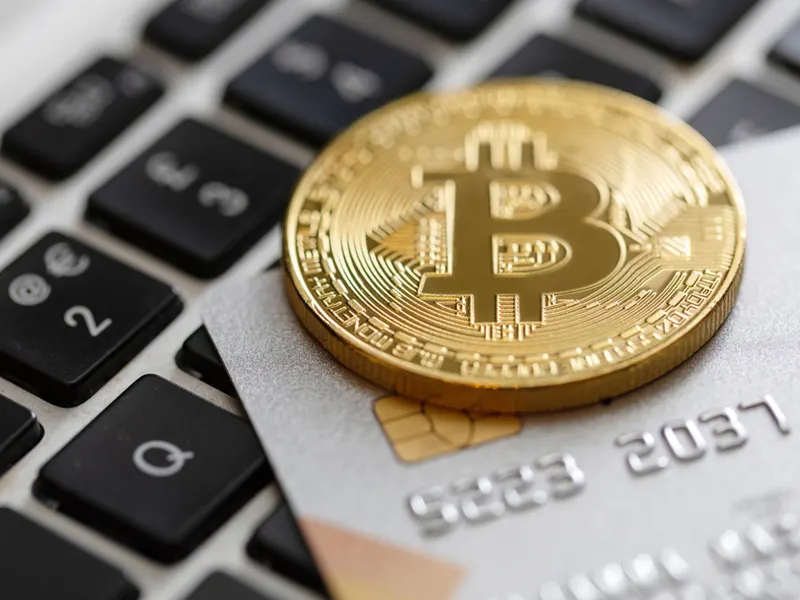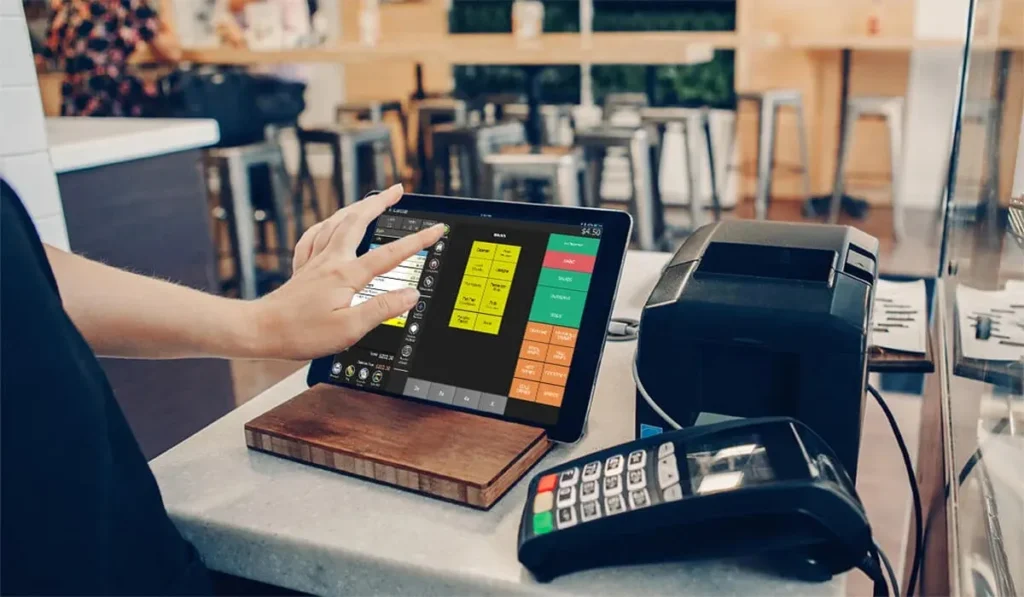In 2025, crypto payments in Thailand are no longer a futuristic fantasy. From Bangkok to Chiang Mai, businesses are weighing the pros and cons of accepting digital assets like BTC or USDT alongside traditional options like cash and credit cards.
But how does crypto actually stack up against conventional methods? Is it worth the shift—or just another trend?
Let’s break it down.
Adoption Rate: Crypto Still a Niche, But Growing
Most Thai businesses still rely on cash and cards—it’s the foundation of the local economy. Cash remains king in rural areas, while QR-based mobile payments (like PromptPay) dominate urban zones.
Crypto payments? Still a small fraction of overall transactions, but growing. Boutique hotels, expat-focused cafés, and beachside bars in Phuket or Samui are quietly adopting wallets and QR-based systems.
So far, crypto adoption is highest in:
- Digital nomad zones (Chiang Mai, Bangkok)
- Tourist-heavy islands (Phuket, Koh Phangan)
- Tech-forward retail (some electronics or NFT shops)
Verdict: Cash and card still lead, but crypto is gaining traction in specific niches.

Cost & Fees: Crypto Wins in Certain Scenarios
Let’s talk money.
Traditional payments (Visa, Mastercard, even PromptPay) come with merchant fees, often around 1.5% to 3% per transaction.
Crypto payments, on the other hand, can cost less—depending on the coin and method used. Stablecoin transfers via Layer 2 networks or cheaper blockchains (like Tron or Polygon) often cost under $1, sometimes even just cents.
However, if a business converts crypto to baht immediately using a payment processor, service fees may apply—sometimes higher than card rates.
Verdict: Crypto may be cheaper, but only when handled directly. Otherwise, the gap narrows.

Credit from : CNN
Speed of Settlement: Crypto Is Faster (Sometimes)
With cash, it’s instant. With cards, it might take 1–3 business days for funds to settle.
Crypto? It depends on the network.
- Bitcoin or Ethereum L1 transfers can be slow (10–20 minutes, or longer during congestion)
- Stablecoins on faster chains (like USDT on Tron) are nearly instant
- Funds are typically available right away, with no bank intermediaries
However, for merchant accounting, converting and reporting crypto adds a step.
Verdict: Crypto is often faster, but not always simpler.

Credit from : Ebury Bank
Crypto Payments Thailand: Legal & Regulatory Standing
As of 2025, Thailand allows businesses to accept crypto payments under certain conditions:
- Products must still be priced in Thai baht
- Businesses must report crypto sales in THB equivalent
- Payments should not be framed as investments or securities
Traditional methods? Fully compliant and understood.
Crypto? Legal, but still seen as a gray area by some. The government continues to refine tax rules and financial regulations.
Verdict: Traditional payments win on clarity, but crypto is catching up with regulation slowly improving.
Customer Behavior: Who’s Paying With What?
Ask most Thai locals—they’ll say PromptPay. It’s fast, free, and backed by banks.
Tourists and expats, however, are different. Some hold stablecoins. Others are crypto-first spenders who prefer digital wallets over currency exchange counters.
In Bangkok, one café owner said:
“Maybe one in thirty customers uses crypto—but they always tip better.”
In Phuket, crypto is slowly becoming a norm for boat tours and luxury villas catering to digital nomads or long-stay travelers.
Verdict: Crypto attracts a specific crowd. Not high in volume, but often high in value.

Practical Setup: What Does Crypto Payments Thailand Take?
- Cash: No setup needed. Just a drawer.
- Card payments: Bank account, POS machine, monthly statements.
- Crypto payments: Wallet setup, training staff, price conversions, and understanding how to verify transactions.
Some businesses use simple wallet-to-wallet methods. Others go with POS platforms like Binance Pay or custom-built Thai solutions with instant conversions.
Verdict: Crypto takes more setup, but once it’s running, it can be low-maintenance.

Final Comparison: Is Crypto Really Better?
| Feature | Crypto Payments | Traditional Payments |
|---|---|---|
| Setup Cost | Low to medium | Medium |
| Transaction Speed | Fast (varies by chain) | Instant (cash), 1–3 days (card) |
| Customer Demand | Niche but growing | Widespread |
| Fees | Low (manual) / Medium (POS) | Medium to high |
| Legal Clarity | Moderate | High |
| Flexibility | High (global reach) | Limited to fiat |
Conclusion: Crypto Payments in Thailand — Useful, But Not a Replacement (Yet)
In 2025, crypto payments in Thailand offer real benefits—but they aren’t replacing cash or cards anytime soon. Businesses looking to expand their payment options, especially those in tourist areas or tech-forward communities, should consider adding it.
It’s not about going fully crypto—it’s about offering more flexibility.
Think of it this way: accepting crypto won’t hurt your business. But in certain circles, not accepting it might mean missing out.
So if you’re running a Thai café, hostel, or coworking space and thinking about the next payment upgrade… crypto just might be your next step.






